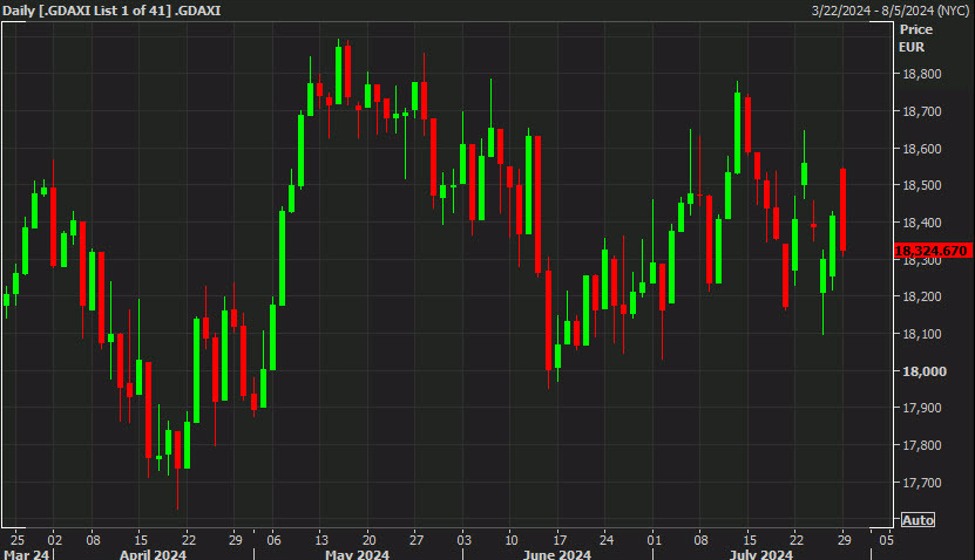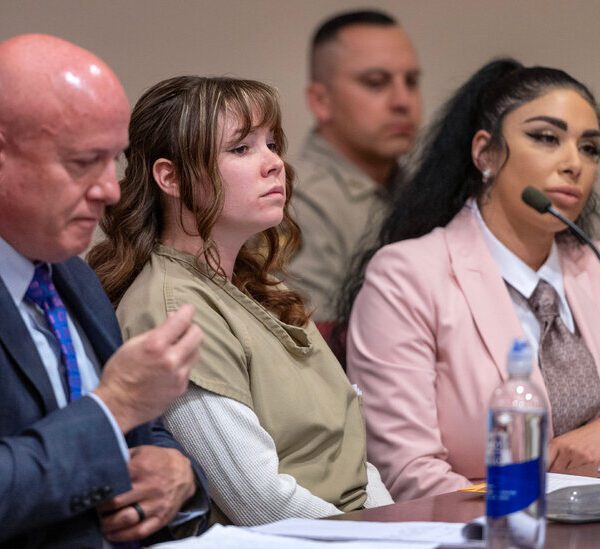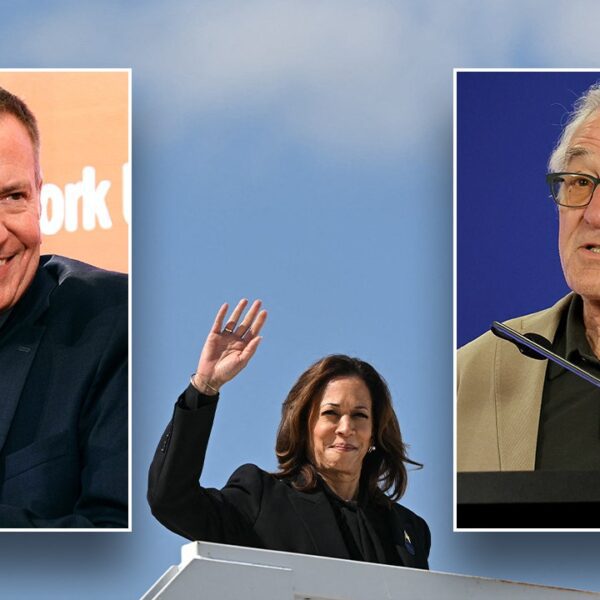gremlin/E+ via Getty Images
The following segment was excerpted from this fund letter.
Endor makes racing wheels, pedals, and other hardware for gamers playing motorsport games like Gran Turismo. The company was run by industry pioneer Thomas Jackermeier and has the leading market share, brand and technology in the premium segment of the market. Despite these advantages, we sold out of our position throughout the first half of the year after realizing that we had misjudged management’s competence and character. While we always haircut our expectations to reflect the risk of management misexecution and understood that meant there was a small chance of substantial downside, the company’s position at the forefront of a rapidly growing industry meant we saw a very bright future, multi-bagger upside, and on balance a favorable risk/reward. Yet as management continued to misexecute we believed the risk of our downside scenario had increased greatly and so the investment was no longer attractive. We therefore sold our position.
When we discussed our position in last year’s Q2 letter, Endor was suffering from a global chip shortage. Management had exacerbated this problem by substantially overordering new chips in response. This caused a cash outflow just as it ran out of products in stock and therefore cash inflows. Funding the resulting shortfall required the company to tap into credit facilities that were intended to finance temporary seasonal cash fluctuations.
This and other mistakes had caused the stock to decline heavily, but we believed that Endor was now trading at a distressed price for a premium brand in an attractive industry that would be worth a multiple if conditions normalized. Our analysis of the company’s cash flow suggested there was limited room for further mistakes, and so we were pleased to see normalization appearing to begin in Q4 as we expected. Endor had recruited a new COO and CFO, inventory was coming back in stock, and a series of major product launches that had been delayed were debuting in time for Black Friday and Christmas. Management announced at the end of November that Black Friday sales were up 240% y/y, full year profit guidance would be met, and investors should expect significant growth in 2024 with new products and the first ever listings on Amazon (AMZN).
That recovery did not continue. We were surprised when just a few weeks after announcing strong Black Friday results that management reversed course by stating Endor had actually made a substantial loss. This was partly due to further mistakes: major shipping issues meant many customers were not receiving their orders, and incredibly the company had sold a product it had not yet received a license for. Our work suggested that meant the company had seen a further cash outflow during what should have been the most profitable period of the year. Given Endor’s already overdue credit, we judged that our downside scenario was playing out. When our follow-up conversations with management and other sources left us dissatisfied, we concluded that the risks had increased significantly and the company was no longer an attractive investment. We therefore sold out of our position.














